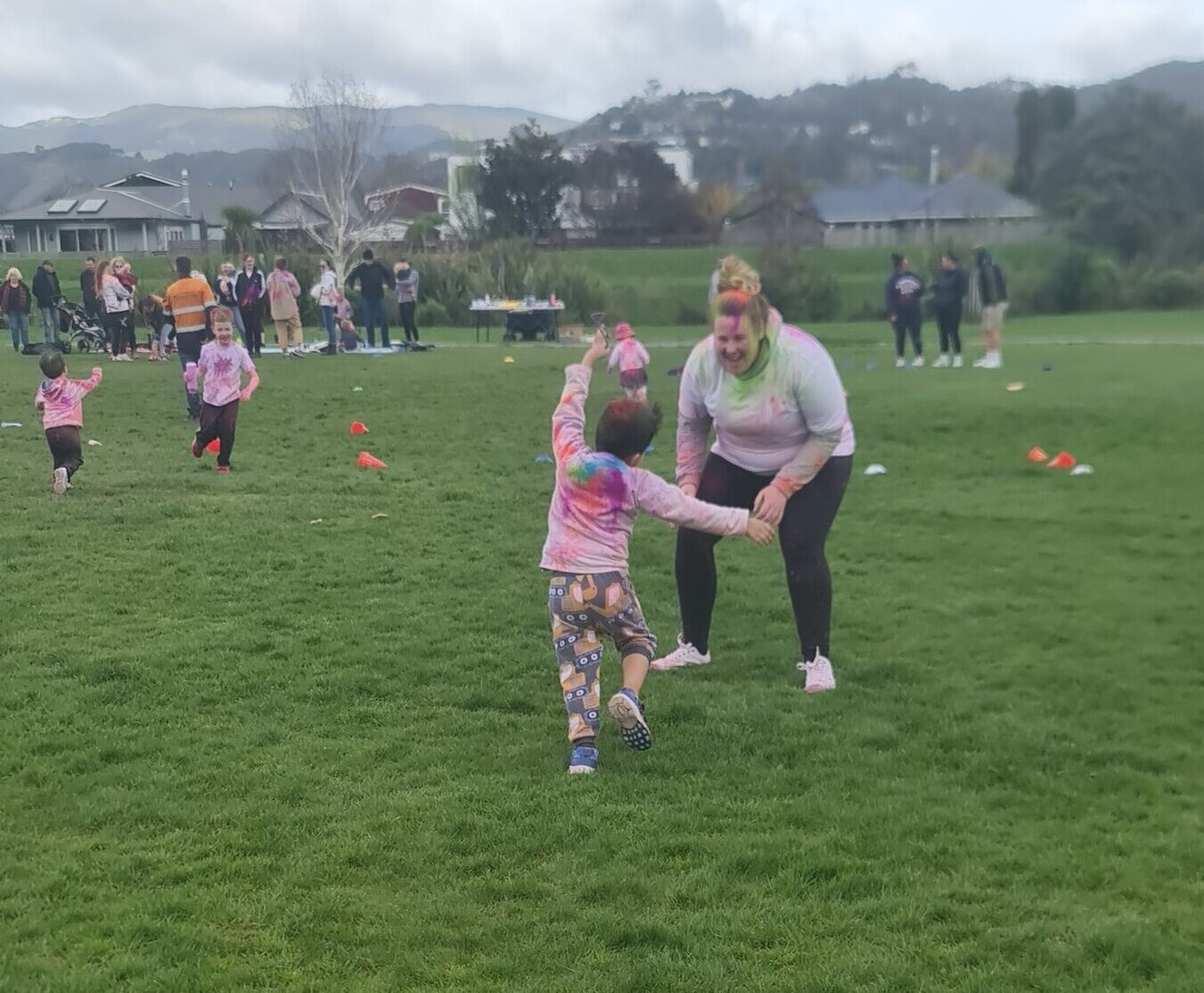Why Water Play is More Than Just Splashing Around
Water play is one of the most-loved activities at Heretaunga Park — and it’s easy to see why. Buckets, spray bottles, scoops, sponges, and puddles can keep tamariki entertained for hours. But beyond the giggles and splashes, water play is packed with developmental benefits that support children’s learning in powerful ways.
From babies experimenting with pouring to preschoolers building rivers and dams, water play invites curiosity, creativity, and connection — all while keeping kids cool and engaged.
What is Water Play?
Water play is any open-ended activity that involves children exploring water through touch, movement, and observation. At Heretaunga Park, we provide a range of safe, age-appropriate water play experiences for both Under 2s and Over 2s. This might look like:
Pouring water between containers
Squeezing sponges or washcloths
Floating and sinking objects
Creating waterways in the sand
Washing baby dolls or play dishes
Running through sprinklers on warm days
The Benefits of Water Play in Early Childhood
1. Supports Fine and Gross Motor Skills
Scooping, pouring, tipping, and squeezing all help children strengthen their fine motor muscles and improve coordination. These are the same skills needed for writing, cutting, and dressing themselves. Splashing, carrying buckets, and moving through water also engage gross motor development.
2. Teaches Scientific Thinking
Water play introduces basic science concepts like volume, flow, cause and effect, temperature, floating, and sinking. Children naturally experiment and problem-solve as they ask questions like:
“What will happen if I pour this here?”
“Why does this toy float?”
“What happens when I add sand?”
3. Enhances Language and Communication
Water play often sparks rich conversation. Children describe what they’re doing, share discoveries, and interact socially with others. Teachers use this opportunity to model descriptive language, extend vocabulary, and support communication skills.
4. Promotes Focus and Calm
Like sand play, water play can be very soothing and regulating. The repetitive motion of pouring or watching water flow can help settle busy bodies and calm anxious feelings, making it a valuable tool for emotional wellbeing.
5. Encourages Social Development
Whether they’re working together to fill a container or negotiating turns with a spray bottle, children build valuable social skills during water play. It offers opportunities to cooperate, share, and solve problems together in a relaxed and playful way.
Water Play at Heretaunga Park
At Heretaunga Park, water play is a daily invitation to explore, experiment, and enjoy the moment.
For infants and toddlers, we keep water play gentle and sensory-focused, with shallow trays, soft cloths, and hand-held containers.
For our older children, the learning expands into imaginative play, science discovery, and collaborative water construction projects.
Water play happens year-round, indoors and outdoors, depending on the weather. We provide warm water and towels in cooler months so tamariki can still enjoy the experience in comfort and safety.
Bringing Water Play Home
You don’t need a water table to support water play at home. Try filling a basin or sink with warm water and adding measuring cups, sieves, or sponges. Let your child wash plastic toys, mix “potions” with food colouring, or transfer water between bowls. Just be sure to supervise, and let your child lead the way.
So Much More Than a Splash
At Heretaunga Park, we see water play as a foundation for exploration, self-discovery, and joyful learning. It supports brain development, strengthens relationships, and makes learning feel like play — because it is.
Want to see our water play in action? Pop in for a visit. We’d love to show you how something so simple can make such a splash in your child’s development.
